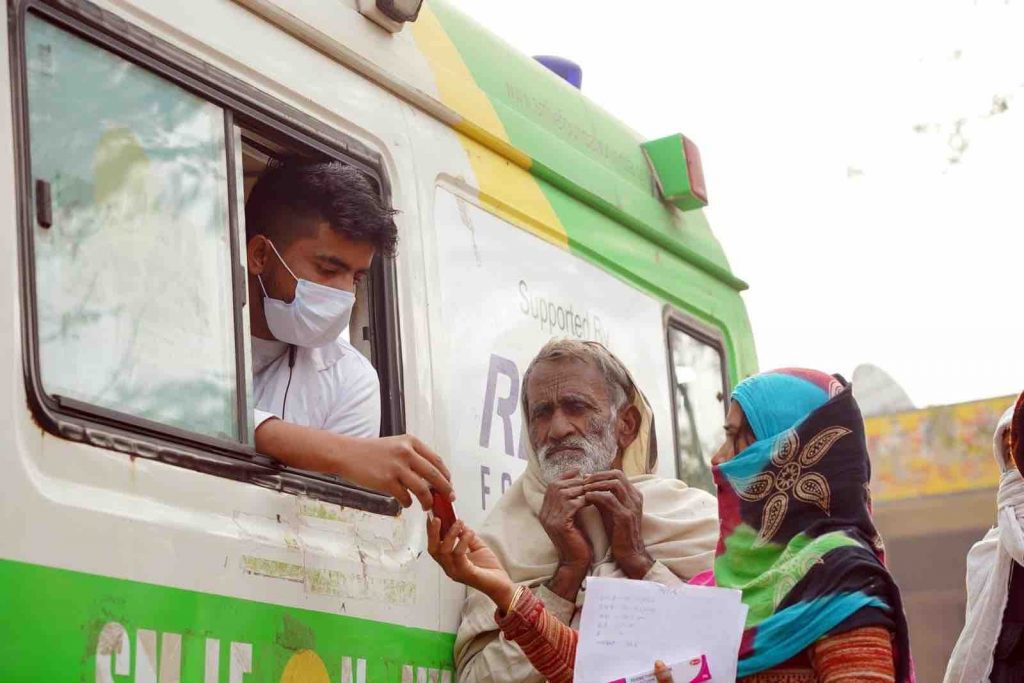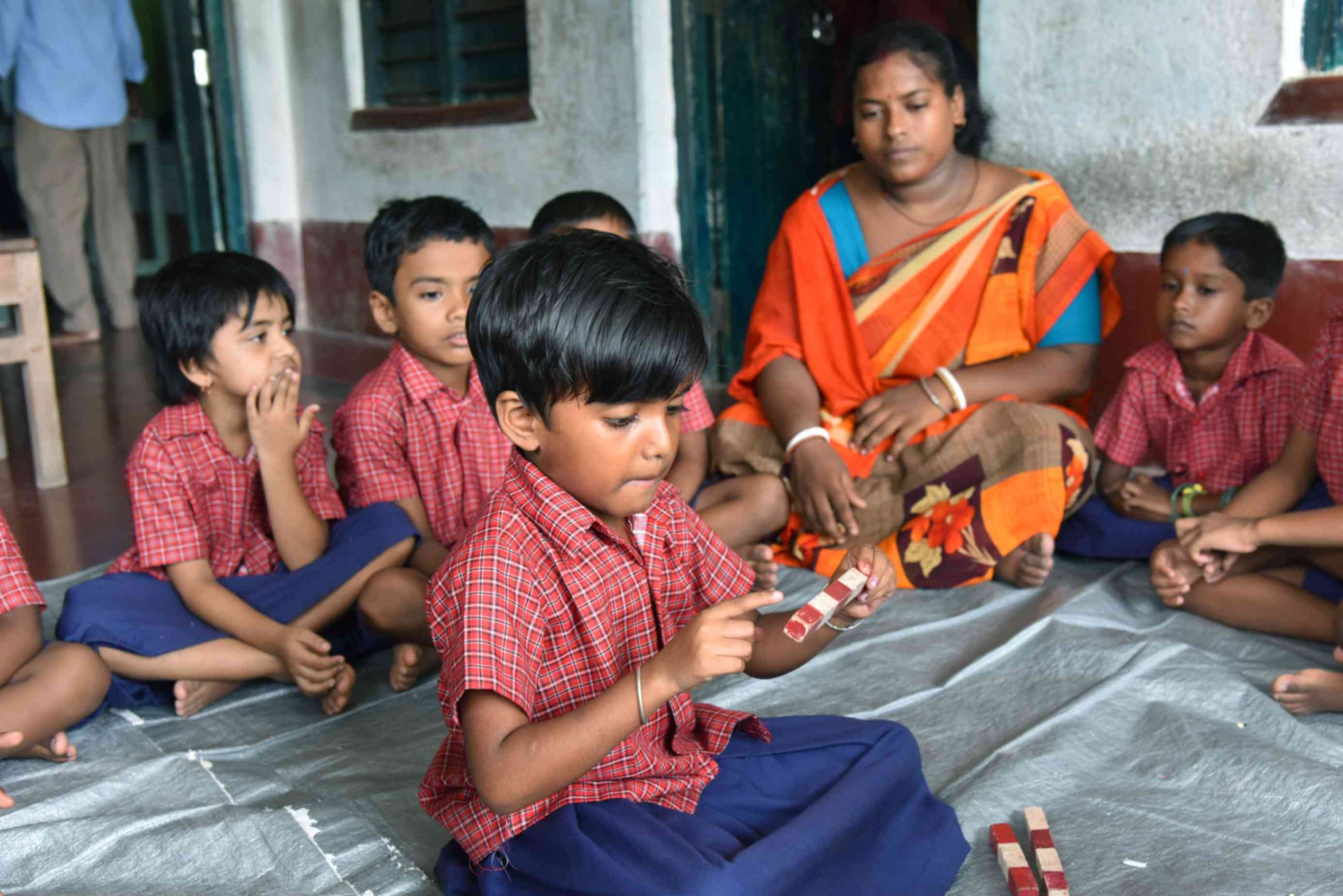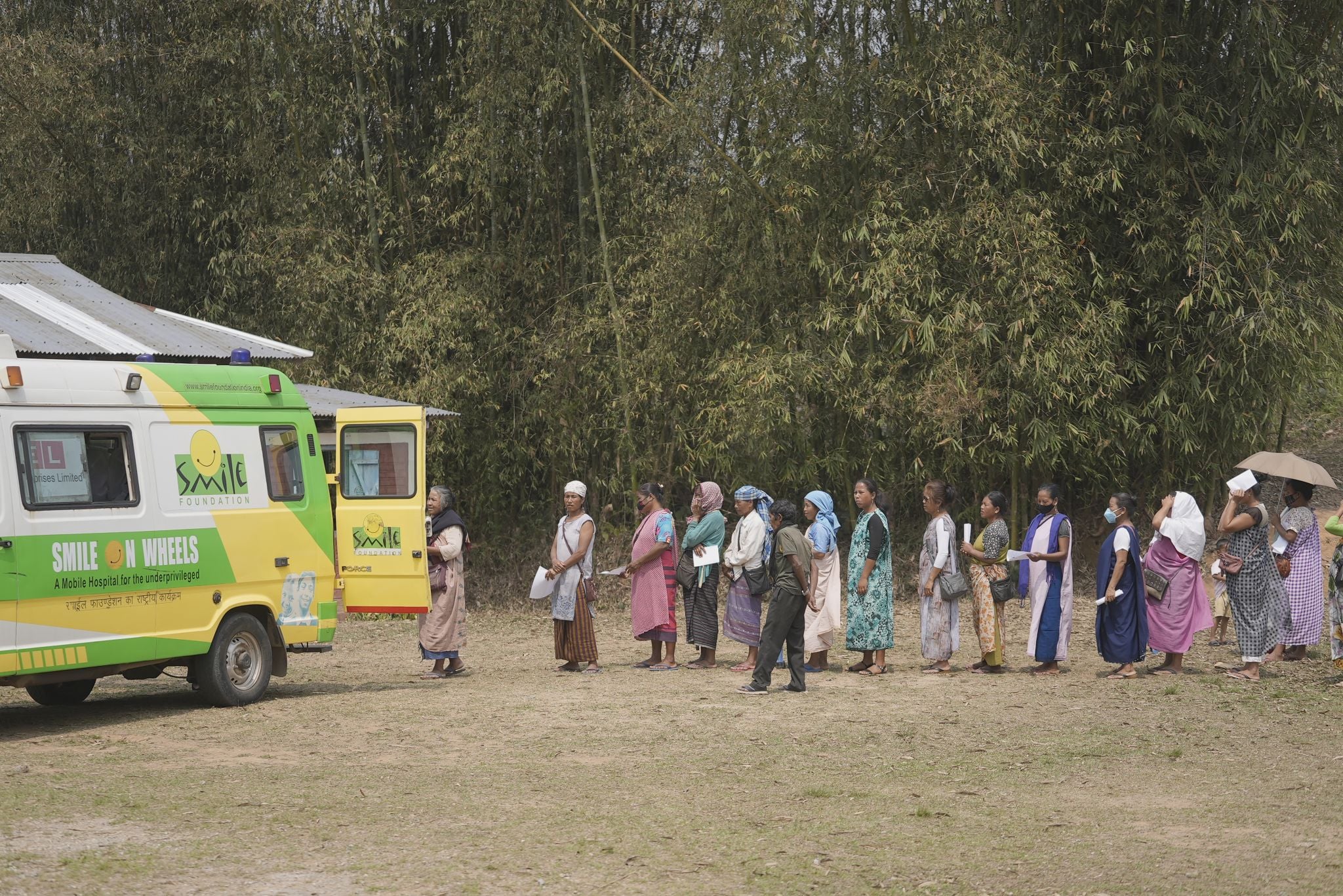The healthcare sector of India faces a big challenge with a need for higher investment in primary healthcare, impacting the treatment of common health issues, access to essential drugs, maternal and child care, immunisation and preventive measures. The reliance on private health services due to inadequate public healthcare infrastructure has exacerbated financial burdens on citizens. Addressing this issue is crucial, with the National Health Policy aiming to ensure free, comprehensive primary care for better health outcomes.
Pradhan Mantri Jan Arogya Yojana (PMJAY)
Affordable healthcare is fundamental and India has implemented government-funded health insurance schemes, including the Pradhan Mantri Jan Arogya Yojana (PMJAY). While PMJAY expanded coverage and addressed some limitations of previous schemes, challenges persist. Research indicates disparities in supply and utilisation across demographics, raising concerns about equity. Efforts are made to ensure vulnerable populations receive equitable healthcare access, preventing further deprivation.
National Health Mission
The National Health Mission (NHM) plays an important role, but has gaps in implementation. Accountability and transparency need to be prioritised with essential healthcare infrastructure and personnel. To enhance its impact, NHM is trying to focus on strengthening primary healthcare systems, addressing staff shortages and ensuring funds are efficiently utilised to benefit the access of an average Indian to quality healthcare.
Tackling Tuberculosis
The commitment of India to eliminating TB by 2025 though perceived as ambitious, presents an opportunity for transformative change. The World Global TB Report 2023 emphasises India’s role, shouldering a substantial portion of global TB cases and deaths. To overcome these challenges and achieve our ambitious goal, a holistic strategy is imperative. This approach extends beyond addressing infectious diseases to encompass emerging healthcare challenges like Non-Communicable Diseases and Climate-Sensitive Diseases. The focus should extend to capacity-building within the public health system and allocating finances strategically.
Good Healthcare: A Path to Holistic Well-being
Healthcare is the cornerstone of a thriving society, impacting every aspect of the life of an individual. From education to economic productivity, the repercussions are widespread. Recognising the crucial role of primary healthcare in preventing and addressing health issues is important for the overall well-being of the nation.
Insufficient access to primary healthcare has a negative impact on education. Children with inadequate healthcare often miss more school days due to illnesses, hindering their academic progress. The frequent disruptions to their education can lead to a perpetual cycle of disadvantage, limiting their opportunities for personal and professional growth.
Health in childhood lays the foundation for a healthy adulthood. Children who lack access to proper healthcare are more likely to grow into unhealthy adults. This not only affects their quality of life but also places an additional burden on the healthcare system in addressing preventable illnesses.
The health of a nation’s workforce is directly linked to its economic prosperity. Unhealthy adults, a consequence of inadequate primary healthcare in their formative years, face challenges in securing stable and productive employment. Chronic health issues can limit their ability to contribute meaningfully to the workforce, perpetuating a cycle of economic struggle.
Solutions for Better Primary Healthcare
Despite the challenges, there is room for optimism. Strengthening primary healthcare in India can lead to a cascade of positive outcomes. By prioritising comprehensive primary care, we can break the chain of health-related challenges and promote a thriving society.
- Investing in integrated healthcare systems that provide holistic and preventive care is essential. This involves not only addressing immediate health concerns but also implementing long-term strategies for disease prevention and health promotion.
- Improving public health infrastructure, especially in rural and underserved areas, is a key step. Accessible healthcare facilities equipped with trained professionals can ensure that every individual, regardless of their geographical location, receives quality healthcare.
- Promoting health education is vital for building a culture of preventive healthcare. Educating communities about the importance of regular check-ups, vaccinations, and healthy lifestyle choices can empower individuals to take charge of their well-being.
A Healthier and Hopeful Tomorrow
The strengthening of primary healthcare in India is not only a health-centric initiative- it is a holistic approach to building a better future. Addressing healthcare challenges at their roots will have far-reaching positive effects, fostering a society where individuals are healthier, better educated and economically empowered. It is a collective responsibility to invest in the health of the nation, ensuring that every citizen has the opportunity to lead a fulfilling and prosperous life. Through strategic interventions like Smile Foundation’s healthcare programme and a shared commitment to well-being, we can pave the way for a healthier and more hopeful tomorrow.









